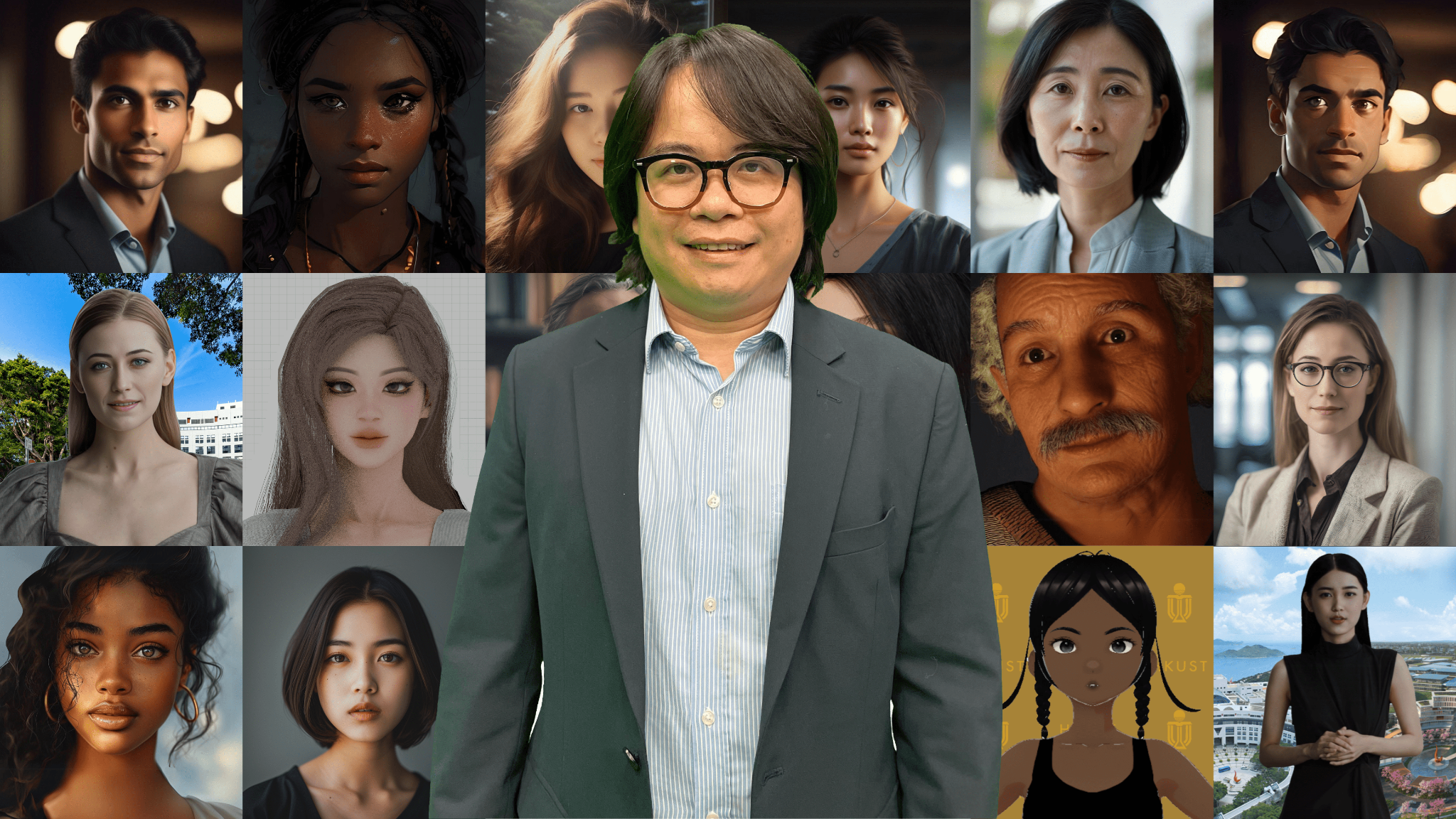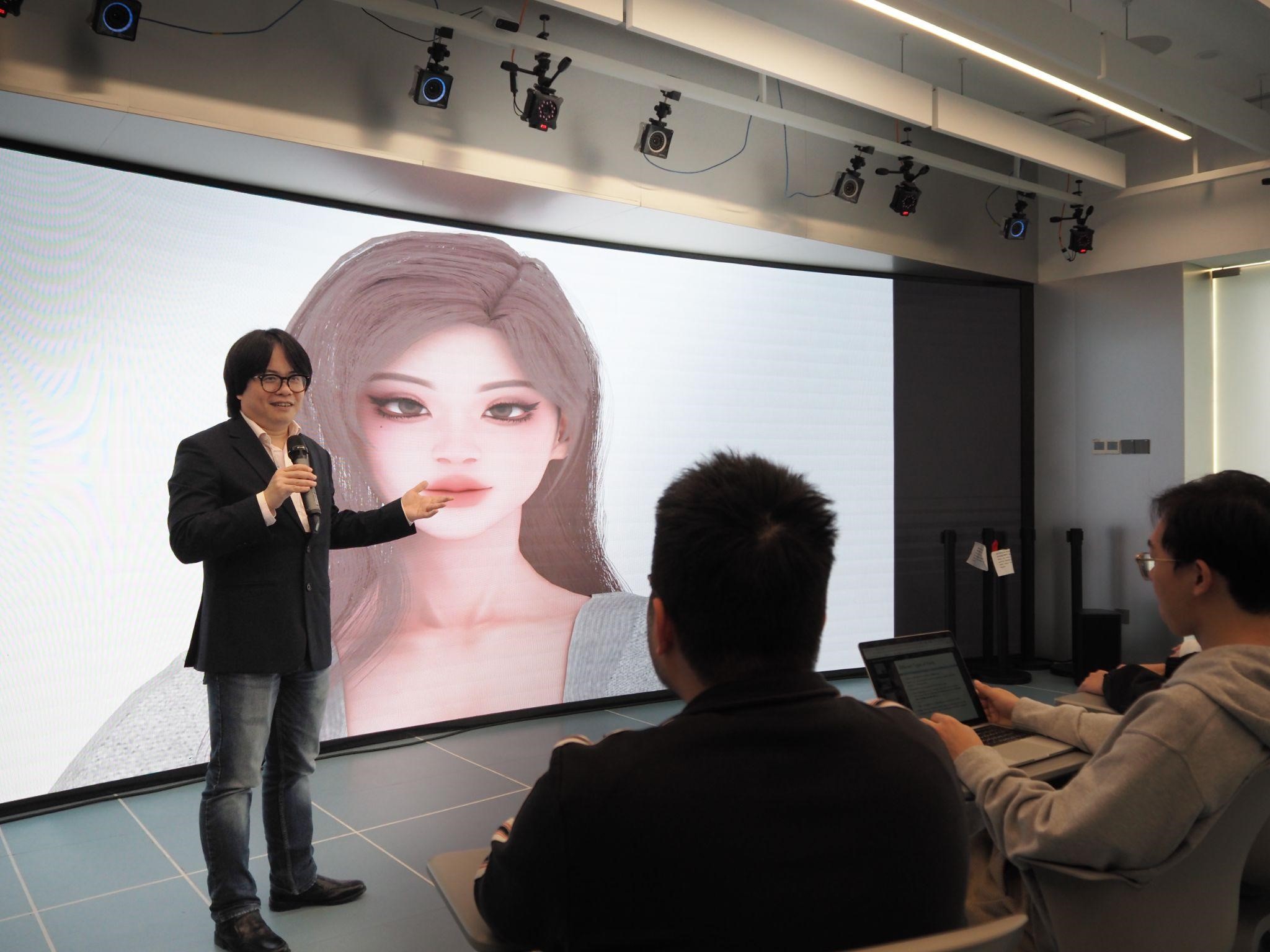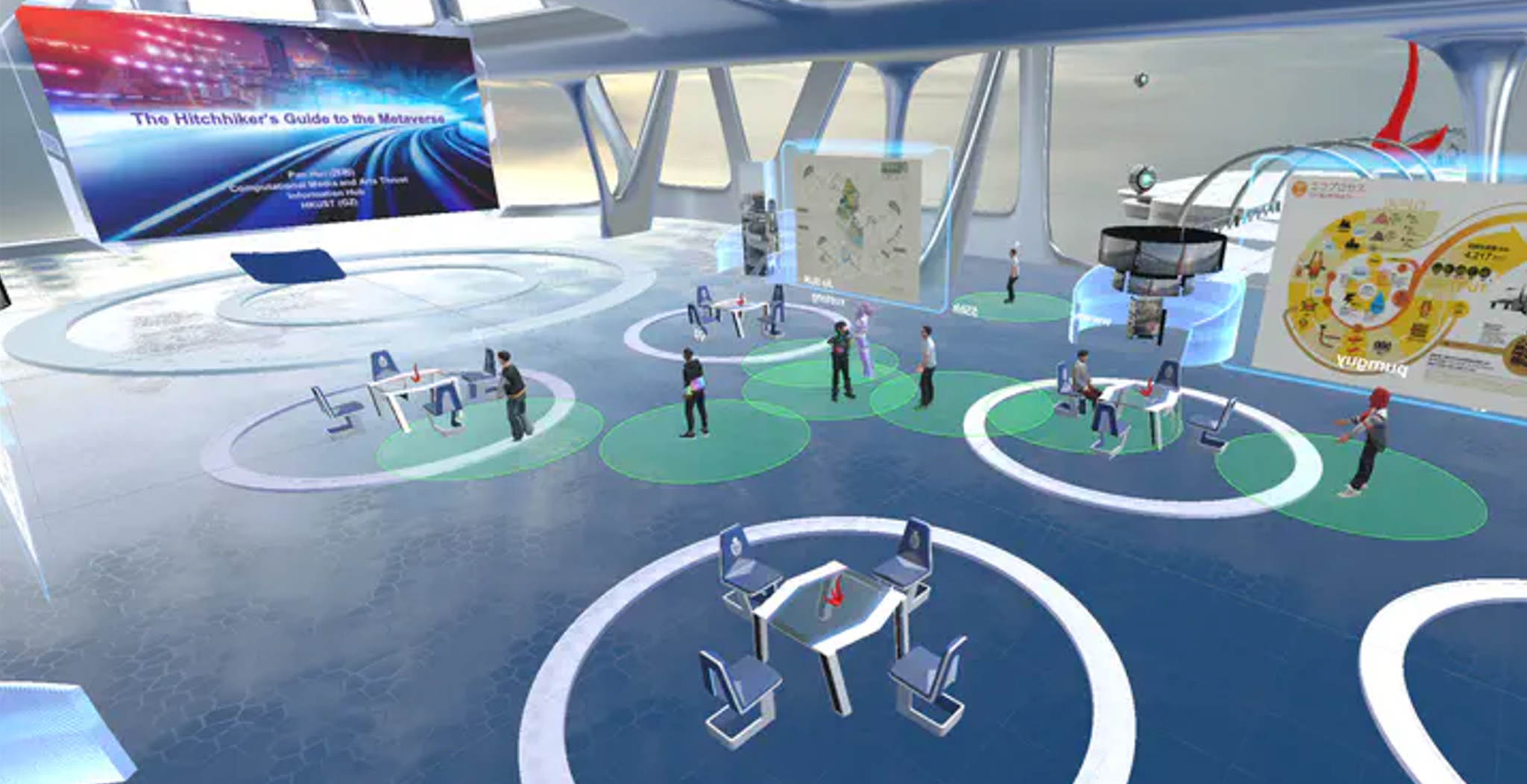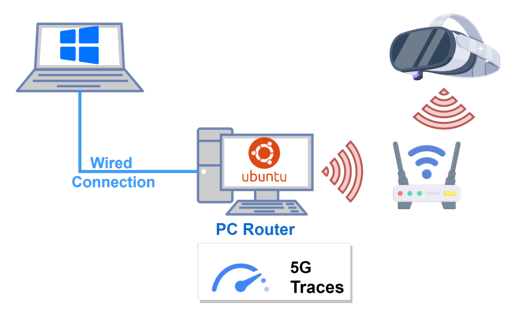Current Highlighted Project

EducAIte: Digital Teachers on MOOCs
Jia SUN | Ching Christie PANG | Zhizhuo YIN
In Spring 2024, MC2 launched an innovative postgraduate course, CMAA5022/EMIA6500F Social Media for Creatives, featuring ten AI lecturers. This initiative is the first of its kind globally, with AI teaching a full semester course. Ninety percent of participants (N=26) expressed enthusiasm for digital teachers and sought more engagement with them. Our findings indicate that AI lecturers complement traditional teaching methods rather than simply replacing them. Building on the success of the AI lecturers, MC2 is now developing EducAIte, the MOOCs platform featuring digital teachers.
This initiative has gained significant media attention, with coverage from Cable TV, Agence France-Presse (AFP), and Times Higher Education, resulting in over 100 global media mentions. Funded by JC_AI @EduHK and HKUST, totaling over 600K, the project has set a new standard for AI in education and has been shortlisted for the Bett Asia 2024 Disruptor Award. For the details of our story, please refer to our website.

Embodied AI-Guided Interactive Digital Teacher for Education
Zhizhuo YIN | Zhuoran ZHAO
Traditional education is considered incapable of providing prompt feedback, facilitating proactive learning, and giving indiscriminate responses. This has been observed in both in-person classes and online courses, especially when students' questions fall outside the instructors' knowledge base or are considered trivial by instructors. Nowadays, the advent of large language models (LLMs) has transformed knowledge acquisition. The LLM-based chatbots enable fast learning through interactive question-answering, which serves as an effective supplement to traditional educational approaches and even shows potential for replacement. To utilize such advancements in education, we propose a novel system providing embodied AI-guided interactive digital teachers for education, which integrates LLM-based chatbot technology. Related work has been accepted by the SIGGRAPH Asia Educator's Forum. The system will be utilized in the Social Media for Creatives course at HKUST (GZ) to enhance the students' learning experience.

AAA: Surreality AI AR Art Exhibition
Yawei ZHAO | Qianwen ZHANG
AAA/SURREALITY" is the world's first large-scale outdoor augmented reality (AR) digital art exhibition, organized by the Center for Metaverse and Computational Creativity at Hong Kong University of Science and Technology (Guangzhou). Blending generative AI with AR technology, the exhibition transforms HKUST (GZ)’s campus into an immersive experience where digital artworks merge with the physical environment. Through interactive displays, viewers engage with AI-generated sculptures, paintings, and installations using smart devices, redefining the boundaries between the real and virtual worlds. This groundbreaking event highlights the convergence of technology and art, pushing forward innovation in AI-generated creativity and AR applications in public spaces. As a unique cultural and educational platform, "SURREALITY" connects academia, digital artists, and the tech industry, fostering interdisciplinary dialogue and collaboration.

Metaverse Classroom: Breaking the Physical Boundaries
Jia SUN | Xuetong WANG | Shan JIN
MR Metaverse classroom allows students, instructors, and speakers located physically at HKUST(GZ), and HKUST(CWB) campus, or online to interact within the same activity (lecture, tutorial, seminar). Through MR, the virtual classroom enables users to attend a physical lecture on their home campus, while users from other campus and online users are represented through avatars. The Metaverse classroom exemplifies how technology can create more inclusive and interactive learning environments, enhancing the overall educational experience. As this initiative continues to evolve, it promises to set new standards for immersive learning, preparing students for a future where digital and physical worlds increasingly converge.

Dynamic Foveated Real-Time Communication System
Yuk Hang TSUI | Ze WU
MR Metaverse classroom allows students, instructors, and speakers located physically at HKUST(GZ), and HKUST(CWB) campus, or online to interact within the same activity (lecture, tutorial, seminar). Through MR, the virtual classroom enables users to attend a physical lecture on their home campus, while users from other campus and online users are represented through avatars. The Metaverse classroom exemplifies how technology can create more inclusive and interactive learning environments, enhancing the overall educational experience. As this initiative continues to evolve, it promises to set new standards for immersive learning, preparing students for a future where digital and physical worlds increasingly converge.